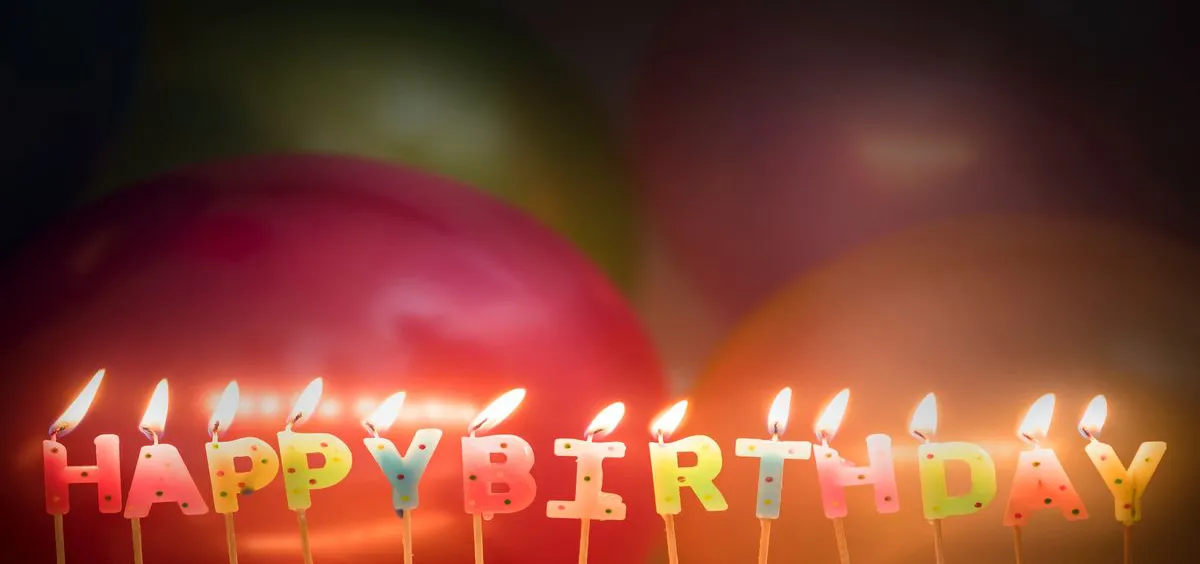Due to a tradition known “nominal” or “fictitious age,” many Chinese claim to be a year or two older than their actual birth
Fraud allegations dog Chinese athletes whenever there’s an international sporting event. Sometimes it’s about doping, but more often it’s a question of age.
In 2008, China was ordered to return its Women’s Gymnastics bronze medal from the 2000 Olympics, after gymnast Dong Fangxiao was found to be 14 at the time of the Games, two years younger than the minimum age to compete.
Many ordinary Chinese also claim to be a year or two older than their actual birth—not because they wish to defraud international sports authorities, but due to a tradition known as xu sui (虚岁), “nominal age” or more literally, “fictitious age.”
According to xu sui, a person is considered one year old at birth, and becomes a year older at each Lunar New Year; at its most extreme, a child born on the last day of the year could theoretically turn 2 the following day. Xu sui used to be common across East Asia, and is still widespread in South Korea and parts of China (though for Koreans, it’s according to the solar rather than the lunar year).
The popularity of xu sui also varies between regions and generations. Based on the anecdotes of Baidu users, the practice is most prevalent in central-southern China, in provinces Hunan, Hubei, Jiangsu, and Jiangxi. But the practice of adhering to the lunar calendar has waned over the generations.
“My parents will follow that tradition, but younger people do not take it seriously,” Han Yidi, a student at Guilin Medical University, tells TWOC. Tsinghua student Wang Meiqi agrees: “My grandparents only follow the lunar calendar, while my parents use it for their birthdays.” And most millennials have abandoned the habit altogether, along with the government.
China adopted the Gregorian calendar in 1912, and the ages based on it, called zhou sui (周岁, “annual age”) or shi sui (实岁, “real age”), are the only ones legally recognized in PRC. Shi sui is what counts in laws about the age of consent and criminal responsibility.
Still, alternative ages can come in handy. Wang claims that xu sui are a commonly exploited loophole for parents who feel that the minimum age bar for primary school admissions is too arbitrary (children must turn 6 before August 31 of the year that they enroll). In 2009, X-ray scans performed by a sports ministry in Guangdong ahead of the Asian Games found over 3,000 athletes exaggerating their age, but since the worst offenders claimed to be seven years older than reality, this was more a case of fraud than cultural confusion
Wang believes that xu sui is more a reflection of how birthdays were not traditionally important in Chinese culture. The ancients recorded the hour of a person’s birth, or shengchen (生辰), for astrological purposes, putting more emphasis on the time than the date of birth. or shengri (生日). “Except for the ages of 1, 18, 50, 60, and 70, people only do big celebrations for children or elders,” Wang says.
Meanwhile, shi sui can be useful in some situations, just like xu sui is in others. “More and more young people, and women in particular, don’t like to be old,” Sogou employee Liu Jiayun tells TWOC. “My grandma thinks that I am now 24 years old. But I like to say that I am 23.”












